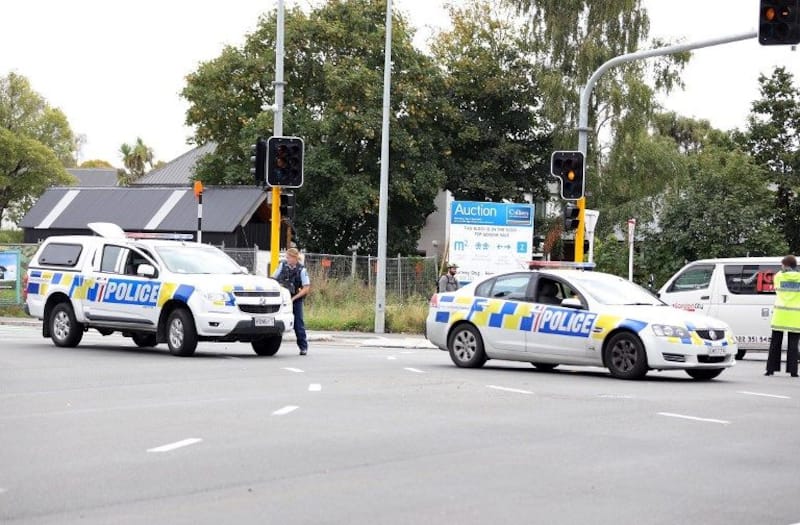
Cricket Country Staff
Editorial team of CricketCountry.
Written by Cricket Country Staff
Published: Mar 15, 2019, 10:23 AM (IST)
Edited: Mar 15, 2019, 10:23 AM (IST)

The third and final Test match between hosts New Zealand and Bangladesh in Christchurch has been cancelled in the wake of a horrific mass shooting at a mosque very near the venue for the game, Hagley Oval, on Friday.
A few members of the touring Bangladesh team narrowly avoided the shooting after being bussed to the Masjid Al Noor mosque.
New Zealand Cricket later announced via Twitter that the decision to cancel the Test, due to begin Saturday, had been taken in consultation with the Bangladesh Cricket Board. (READ: Bangladesh cricket team escapes New Zealand mosque shooting)
This horrific incident is not the first to have impact a cricket match or a cricket tour.
Only a handful of international cricket matches have been played in Pakistan since an attack on the Sri Lankan men’s team bus in Lahore in 2009 which killed six police officers and two civilians and injured six members of the team.
In March 2008, Cricket Australia pulled out of a tour of Pakistan after a series of suicide bombings and in August of that year the ICC announced that the Champions Trophy had been postponed by over a year over security concerns around Pakistan co-hosting the tournament.

In 2002, New Zealand abandoned their tour of Pakistan after a suicide bomb blast outside the team hotel. The second Test was canceled after the blast in which the New Zealand team physiotherapist was injured and 11 French navy experts and two Pakistanis were killed.
This tour had been originally scheduled for 2001, but New Zealand opted out after September 11 attacks in the USA.
During the 1996 World Cup, Australia and West Indies refused to travel to Sri Lanka for their preliminary fixtures following a horrific bomb blast in Colombo which killed 80 people and injured over 1000.
In 1992, a suicide bomb outside a hotel in Colombo left the New Zealand player unsettled and sent five players and the coach home. In 1987, New Zealand left Sri Lanka before a three-Test series after a car bomb at a Colombo bus station resulted in 100 fatalities.
This website uses cookies so that we can provide you with the best user experience possible. Cookie information is stored in your browser and performs functions such as recognising you when you return to our website and helping our team to understand which sections of the website you find most interesting and useful.
Strictly Necessary Cookie should be enabled at all times so that we can save your preferences for cookie settings.
If you disable this cookie, we will not be able to save your preferences. This means that every time you visit this website you will need to enable or disable cookies again.
